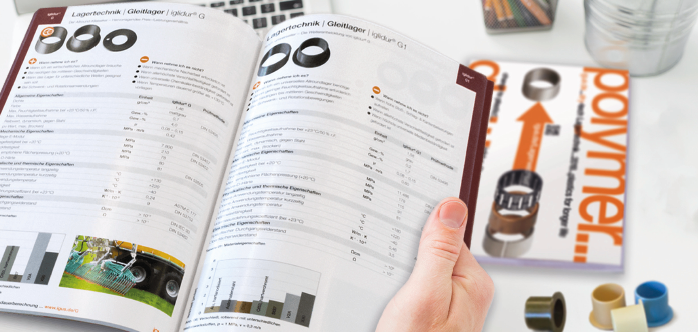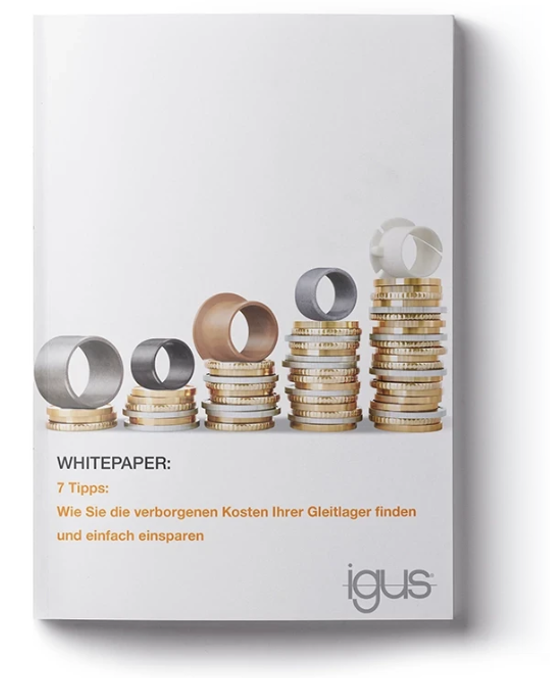Reducing costs with plain bearings, Part 1: Procurement
Lars Butenschön | 28. October 2022
It is an absolutely routine process, but one that is often neglected for “unimportant” components: Optimising procurement and unit costs for sliding bushes. These components are often purchased from intermediaries, who add a certain margin. Requirements are generally linear and therefore relatively easy to plan. Part value is usually so low that the procurement costs – the costs for the procurement process itself – can quickly exceed it. And these procurement costs are not the only reason that it makes sense to look into what is needed and the sources of supply for sliding bushes from time to time. Depending on quantity and provider, unit costs can also be significant and leave room for optimisation. At the same time, regular requirement reviews are often neglected after the project starts.

Can future requirements be combined? Can framework contracts be concluded with suppliers? Can the bearings be purchased directly from the manufacturer? On the one hand, there are the additional costs and effort required to cultivate another supplier and integrate it into the procurement process, for example. On the other, there is purchase prices that are potentially much lower. Not all manufacturers engage in direct sales, certainly not for small quantities. But it is often still worthwhile to check. Another way to save money is to review the requirements themselves. In practice, requirements are often no longer checked after the project starts. The sales volumes of products or machines in which sliding bushes are installed will ideally continue to increase after the project starts. Since plain bearing manufacturers and retailers often offer significant discounts for large quantities, discounts should be requested if there is any doubt. If requirements are plannable, it is also worthwhile to conclude framework contracts in order to optimise not only the components’ availability, but also their prices. You should also consider the procurement and supply costs associated with the purchasing and delivery process. This applies to all purchased goods, including plain bearings.
Besides the unit and procurement costs, there are of course many other ways to save. You can find more useful information on this in our white paper entitled “Seven tips for finding the hidden costs of your plain bearings and saving money easily”.


